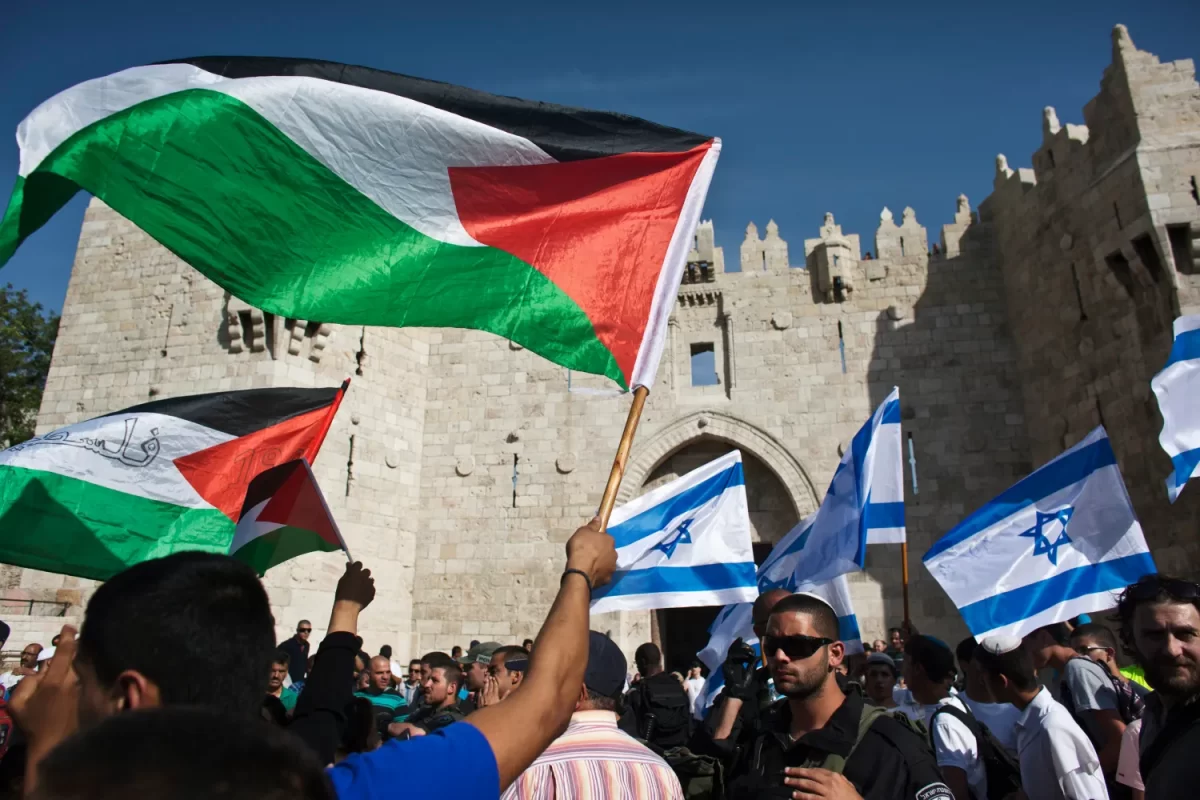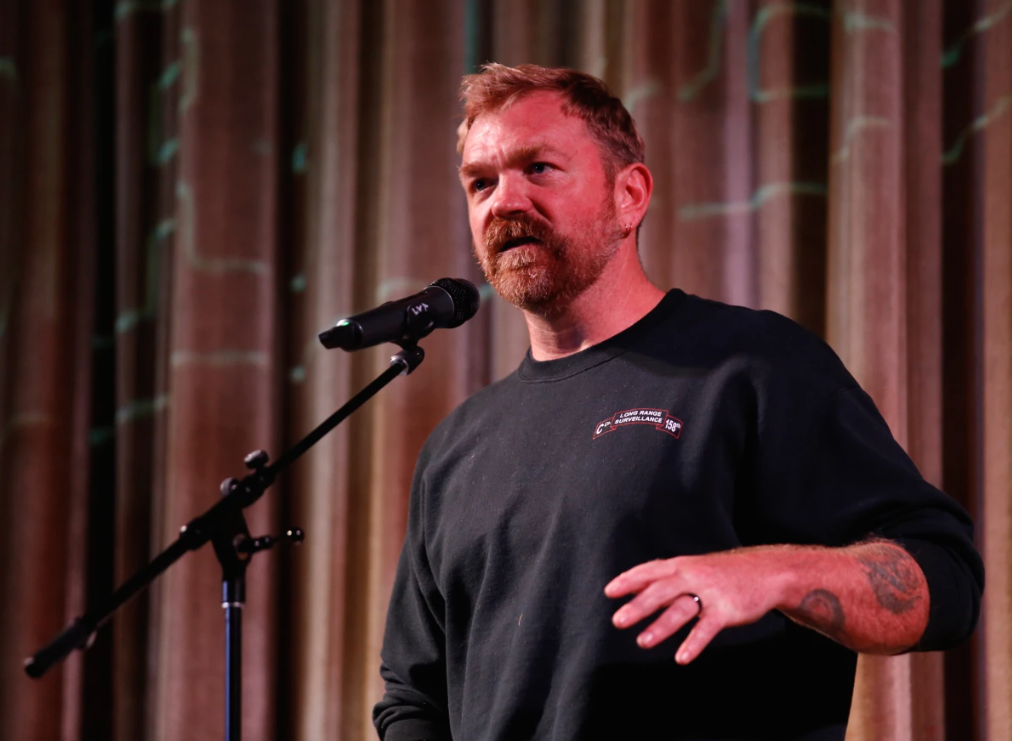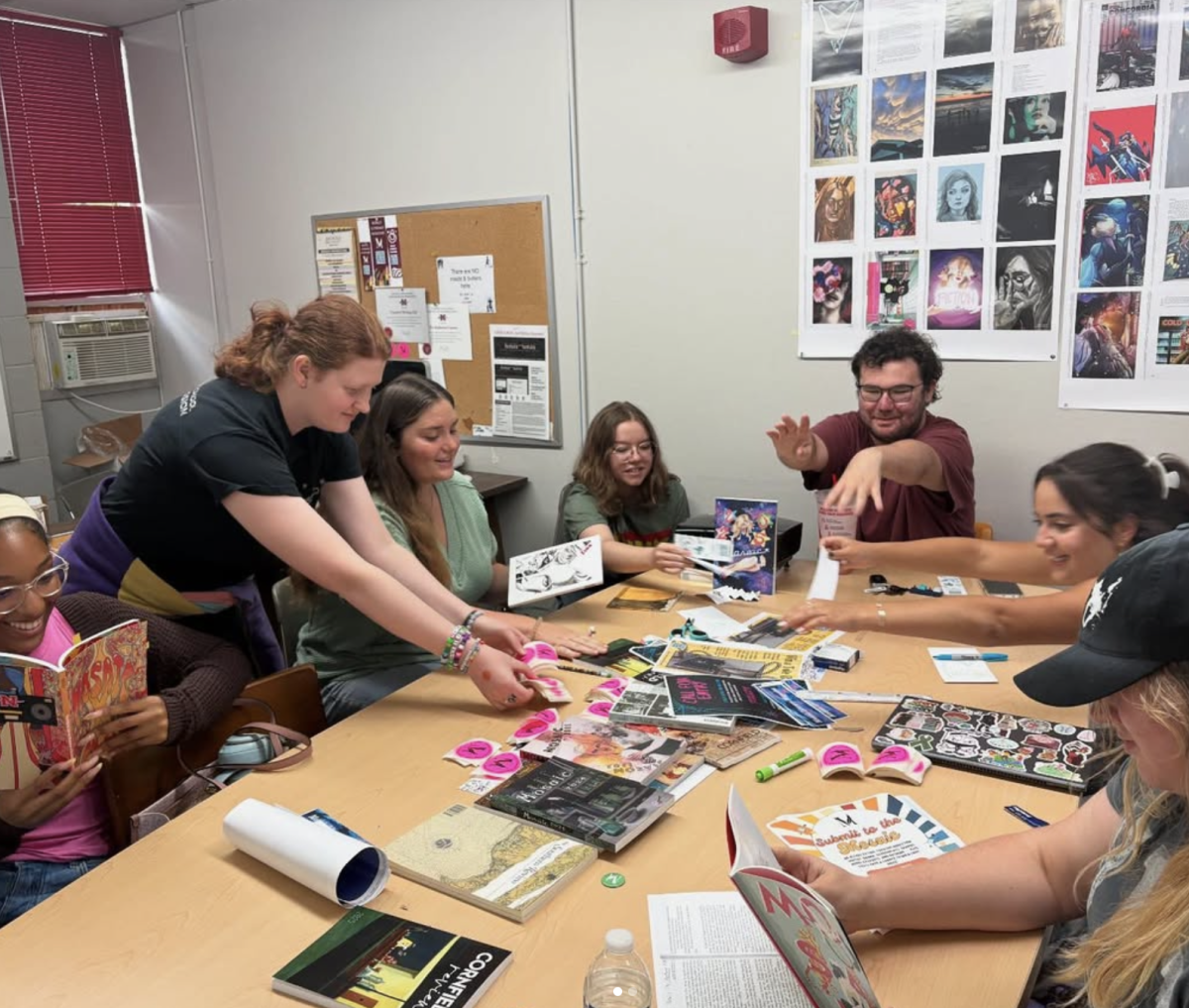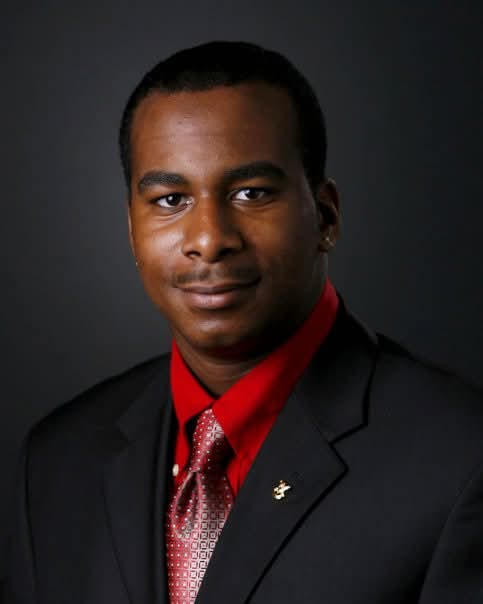Conflicts between Israel and Palestine have continued over the past weeks, causing unrest within the civilian population.
On Oct. 7, Hamas, a Palestinian Sunni Islamist group, attacked Israel. Coincidentally, this assault occurred 50 years after the start of the 1973 Yom Kippur War, considered one of the bloodiest conflicts of the Arab-Israeli war.
Hamas’ attack began that morning by sending at least 5,000 rockets from Hamas’ territory in the Gaza Strip towards Israel. That led to the death of over 1,400 Israeli people, consisting primarily of civilians. Since then, death tolls on both sides have climbed, with Palestine having 7,000 dead.
However, this clash between Israel and Palestine is not new. It is a centuries-old conflict. A significant date is 1948, when Israel declared independence, sparking the start of the Arab-Israeli War.
Since then, Israel and Palestine engaged in multiple battles amongst themselves. Surrounding countries lent aid.
Dr. Paul Wilson, Department Head of the History and Geography Department, said he believes history is a challenging subject to explain when so many factors affect the outcome of events.
“It’s a continuation of what’s been going on since Israel was created in that sense. Two groups of people have claims, including historical claims, over the same stretch of territory,” Wilson said. “We aren’t talking about a lot of land here, and it’s not just two groups of people. It is two groups of people divided by a different history and particularly religious divisions.”
History demonstrates how political and religious beliefs may cause mass bloodshed. The Israel and Palestine dispute partly stems from this, but also from the amount of land that is the Gaza Strip.
The Gaza Strip is a 140.9 square-mile piece of land claimed by Palestine on the eastern coast of the Mediterranean Sea. Egypt and Israel border Gaza.
Dr. Kurt Stiegler, Assistant Professor of the History and Geography Department, said “The Gaza Strip has a 2.3 million population, probably less now that people have left. It is [about] 141-square-miles. Lafourche Parish is 10 times the size of Gaza at 1,474-square-miles. Lafourche parish has a population of [about] 100,000 […] So that is 2 million people in one-tenth the size of Lafourche parish, so that’s 200 times the population density. It’s jammed.”
“With so many civilians in one area and an opposing force next door, conflict will occur,” Wilson said. Wilson explained that ethnic conflict has been a vital cause of warfare since WWII. He further described how, if religion is involved, it can cause a substantial conflict that is difficult to resolve, if ever.
“The thing about history is, as Dr. Stiegler and I teach, is that it’s not the unfolding of fairness in history. It doesn’t work that way […] When you resolve things diplomatically, you have to forget the past or decide the past is not going to determine the future. All sorts of people have grievances about how they’ve been treated in the past. Lots of people do, and that’s the unfortunate thing of history,” said Wilson.
After many years, neither side has come to a peaceful resolution. That leads to casualties on all fronts. Stiegler said that both Israel and Palestine are victims at some point in this war. He described how, when one side attacks, the other retaliates.
Nonetheless, this reaction is anticipated as an assault on another nation’s territory is cause for friction. Overall, Stiegler said he believes Israel and Palestine have each been victims and aggressors throughout this battle.
Wilson said this is not a case where diversity is a great strength. So, when people divide because of religion and ancient claims on the same land, fights break out, affecting civilians physically and emotionally.
Stiegler said he thinks that most people caught in the crossfire want to live joyful lives.
“They want their children to live successful, prosperous lives. They have to move away from the grounds of contention and focus more on common human ambitions and not go instantly into an adversarial mode as soon as they meet but to try and talk it out. To talk things out, you have to listen to each other,” said Stiegler.
However, war is unpredictable. The outcome of this struggle is uncertain. Only time will tell if this situation will better itself.





















